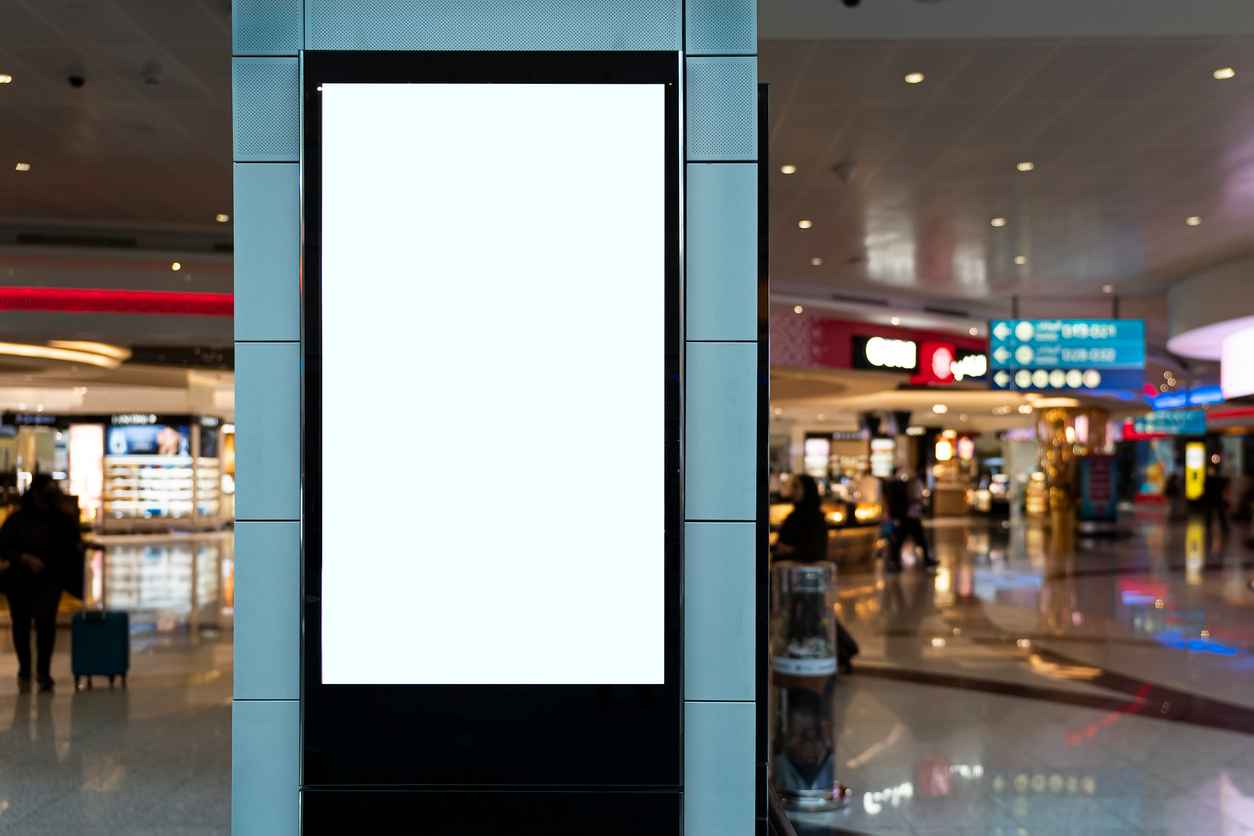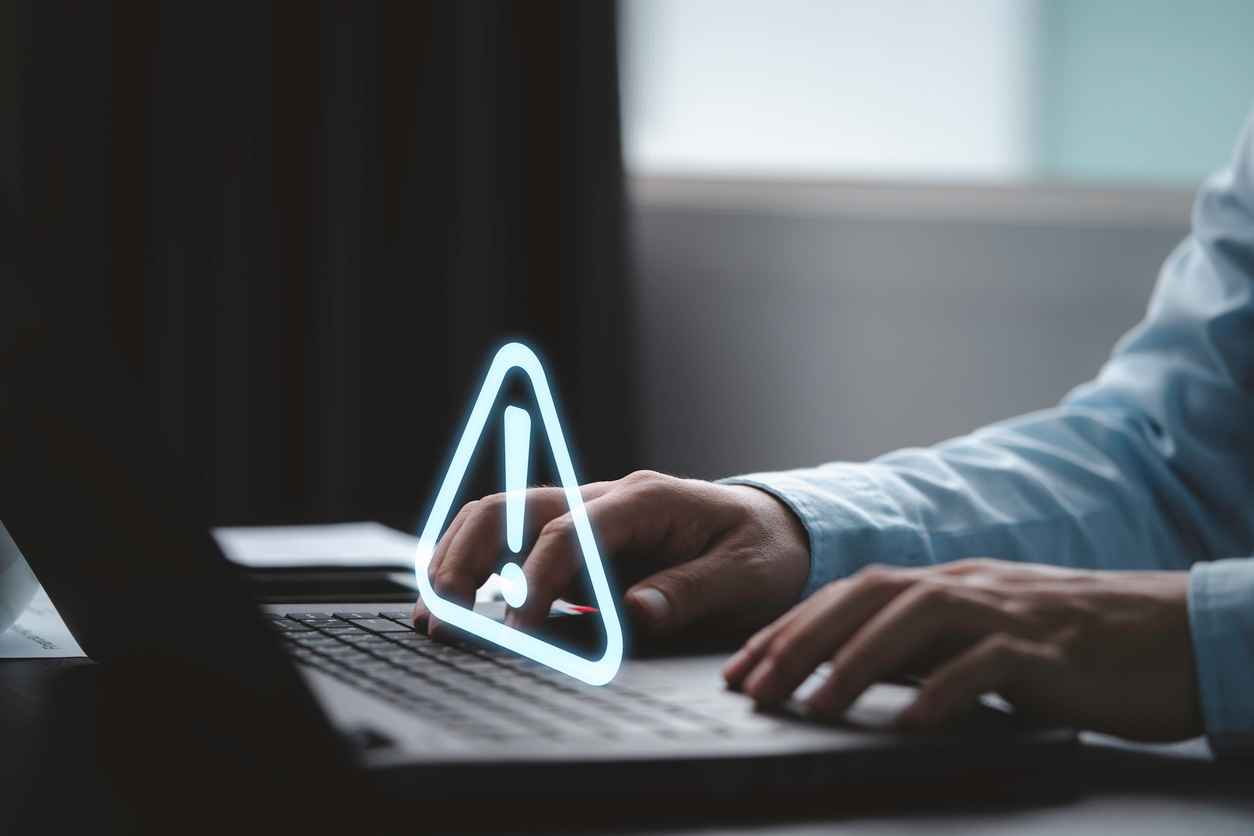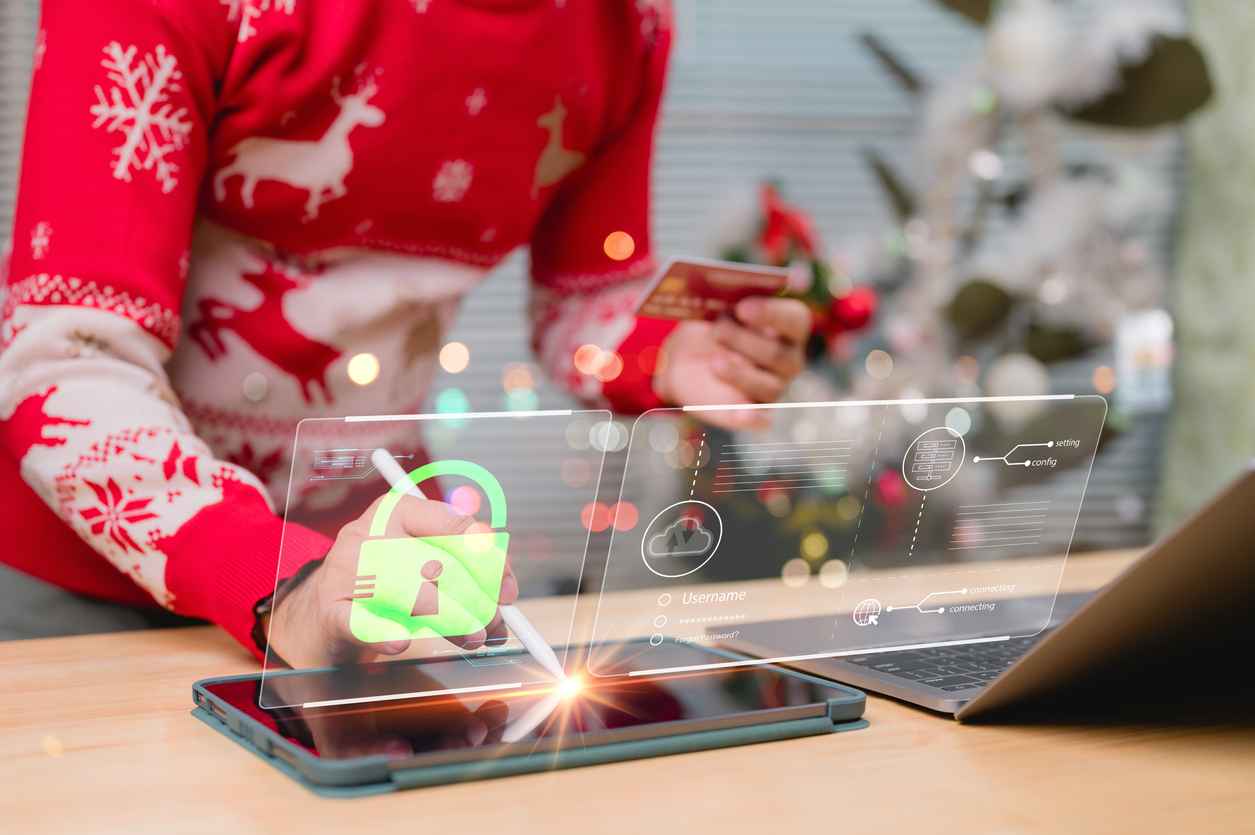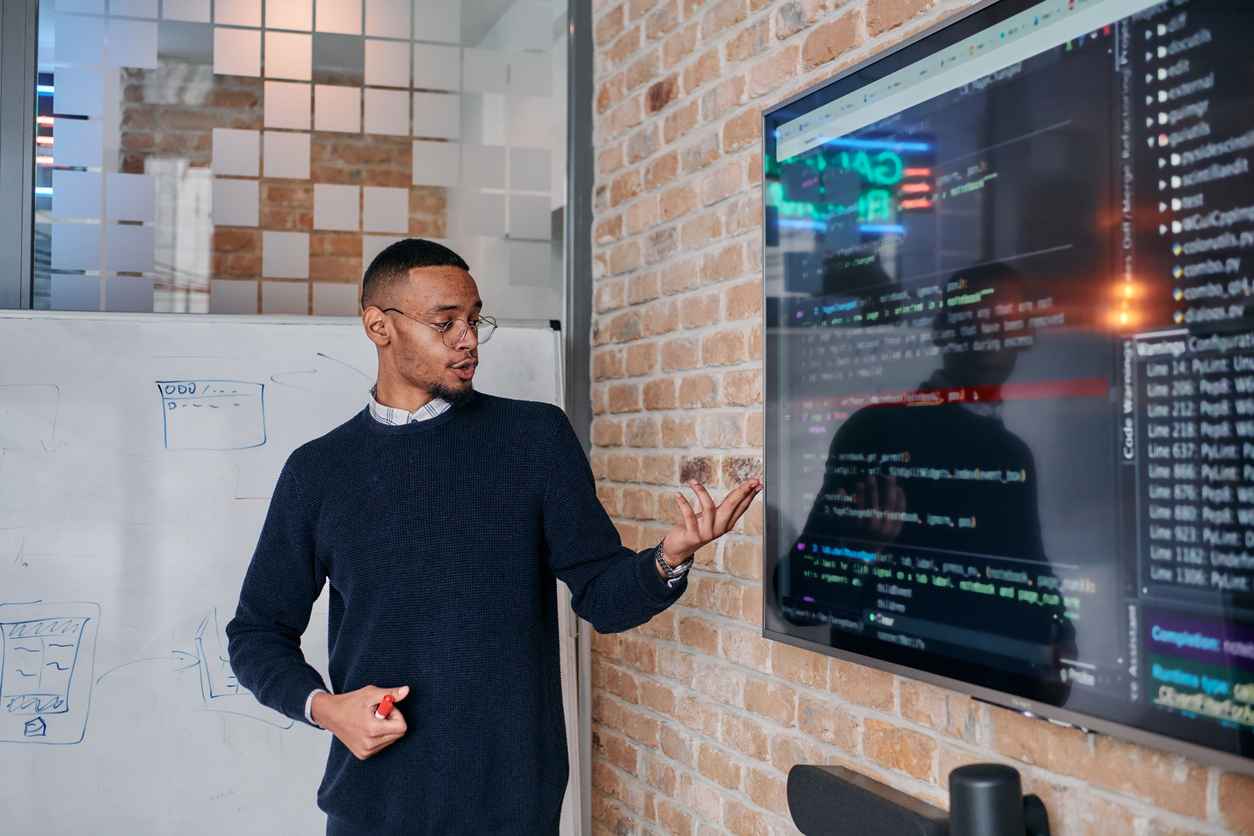
Cyber Threats Are Evolving—Is Your Password Security Keeping Up?
January 31, 2025
Password Security: What You Need to Know
Gone are the days when a simple password was enough to protect your accounts. Cybercriminals now use tools like brute force attacks, credential stuffing, and phishing to target weak password practices. With the rise in data breaches and stolen information, a weak or reused password is an open invitation for hackers to access sensitive data.
The Growing Threat of Cybercrime
Gone are the days when a simple password was enough to protect your accounts. Cybercriminals are now using tools like brute force attacks, credential stuffing, and phishing to target weak password practices. With the rise in data breaches and stolen information, a weak or reused password is an open invitation for hackers to access sensitive data.
A common misconception is that a password alone is enough to secure an account. Unfortunately, with the power of modern computing, even seemingly secure passwords can be cracked in seconds.
The Risks of Weak Passwords
Many individuals make the mistake of using simple, easy-to-guess passwords. Some even reuse passwords across multiple accounts, which poses a significant security risk. If one account is compromised, all of your other accounts are vulnerable. Additionally, not using multi-factor authentication (MFA) leaves you exposed to attacks, as MFA provides an added layer of protection by requiring another verification step before granting access.
How to Strengthen Your Password Security
To stay ahead of cyber threats, it’s essential to adopt stronger password practices. Here are a few key strategies:
- Use Complex, Unique Passwords: Avoid simple passwords like “123456” or “password.” Instead, create longer, more complex passwords that include a mix of uppercase and lowercase letters, numbers, and special characters. A password manager can help you store and generate these secure passwords.
- Enable Multi-Factor Authentication (MFA): MFA is one of the most effective ways to protect your accounts. It adds an extra layer of security by requiring you to verify your identity through another method, such as a text code or biometric scan. Even if your password is compromised, MFA can keep hackers out.
- Update Passwords Regularly: Change your passwords periodically, especially for critical accounts like email or banking. Regular updates minimize the risk of long-term exposure if a password is compromised.
- Avoid Public Wi-Fi for Sensitive Transactions: Public Wi-Fi is a prime target for hackers trying to intercept passwords and private data. If you need to access sensitive accounts while on public Wi-Fi, use a Virtual Private Network (VPN) to secure your connection.
Fortec US: Committed to Security
At Fortec US, we understand the importance of securing not just personal information but also industrial systems. We integrate security best practices into the development of our products and educate our partners on the latest cyber threats.
Contact us now to discuss how we can support your business with cutting-edge technology and exceptional service.

How Smart Display Solutions Will Drive Brand Visibility in 2026
January 7, 2026

How Fortec US Helps Companies Navigate End-of-Life Components
January 5, 2026

The Benefits of Touchscreen Integrated Displays
December 8, 2025

Why Retailers Need Stronger Cybersecurity Strategies During the Holidays
December 5, 2025

Staying Safe This Season: Cybersecurity Tips for Online Shoppers
December 2, 2025

What Makes a Display Industrial Grade?
November 6, 2025


